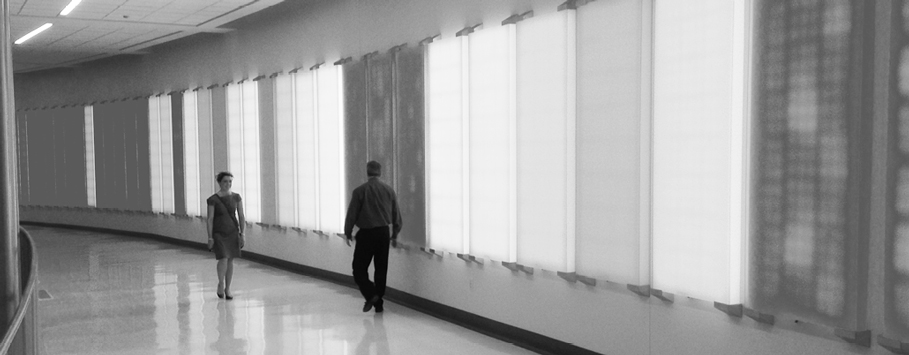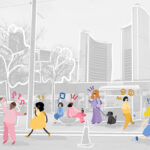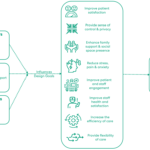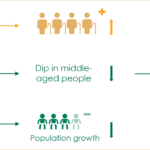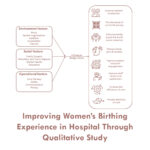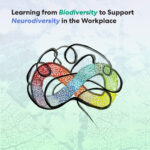
Girls and women experience the built environment distinctly differently than boys and men. They use and navigate it differently and face barriers to its use. Just as we’re starting to reckon with the fact that public spaces are not gender-neutral for adults, we must also realize this is the case for adolescents. This study aimed... Read more »

